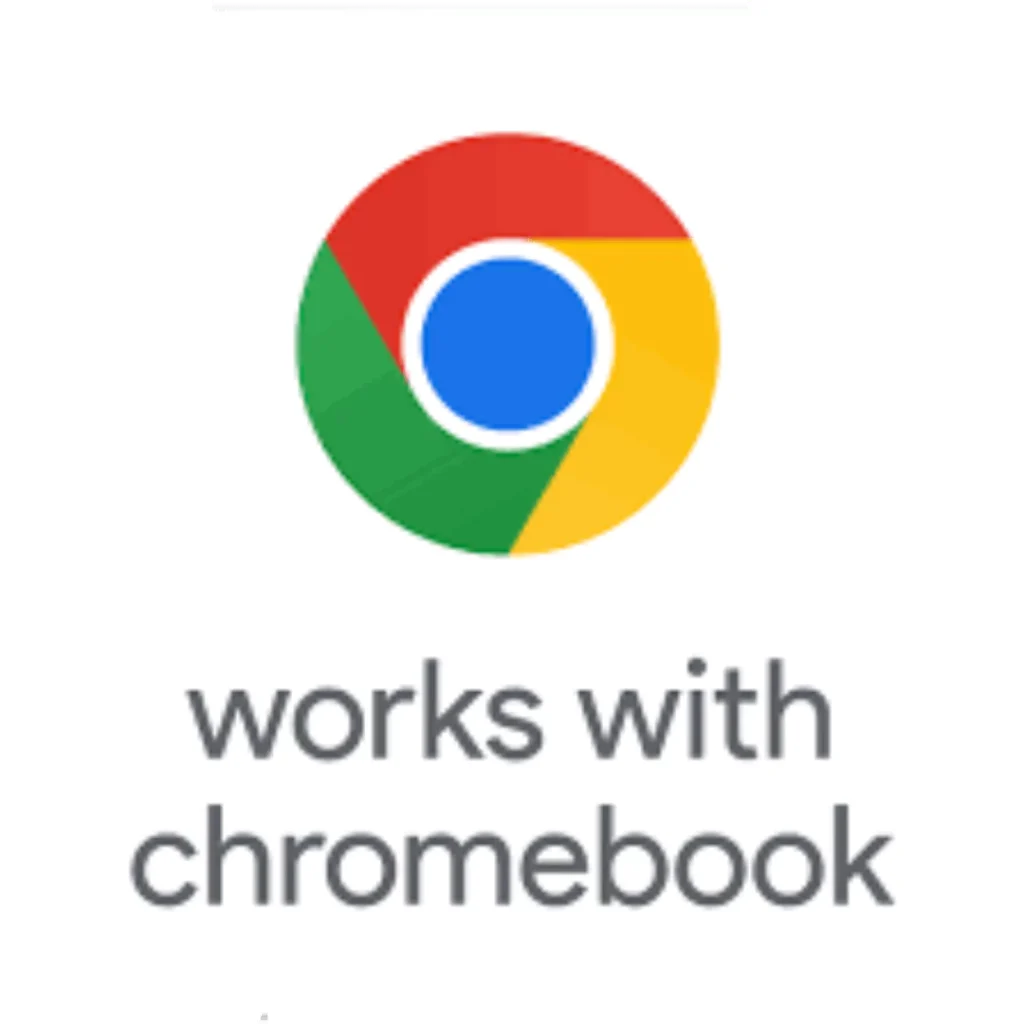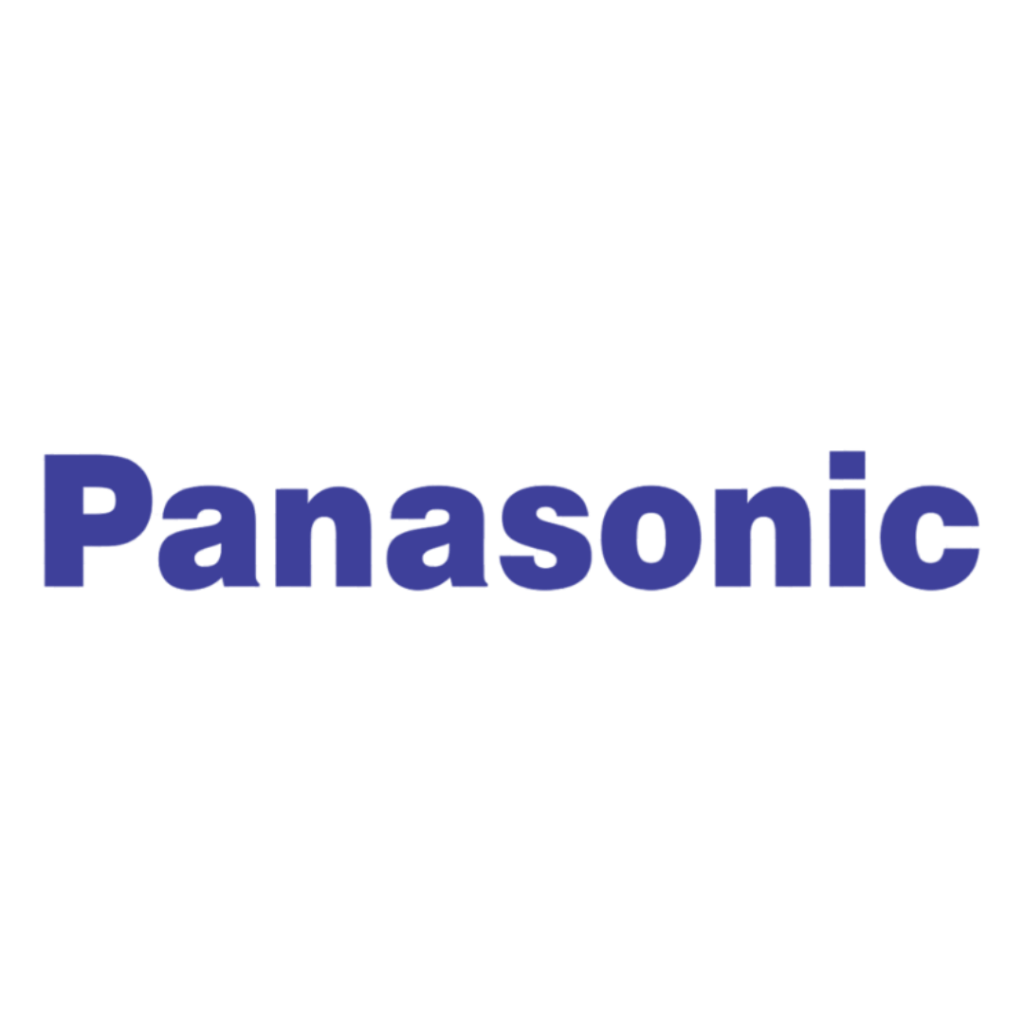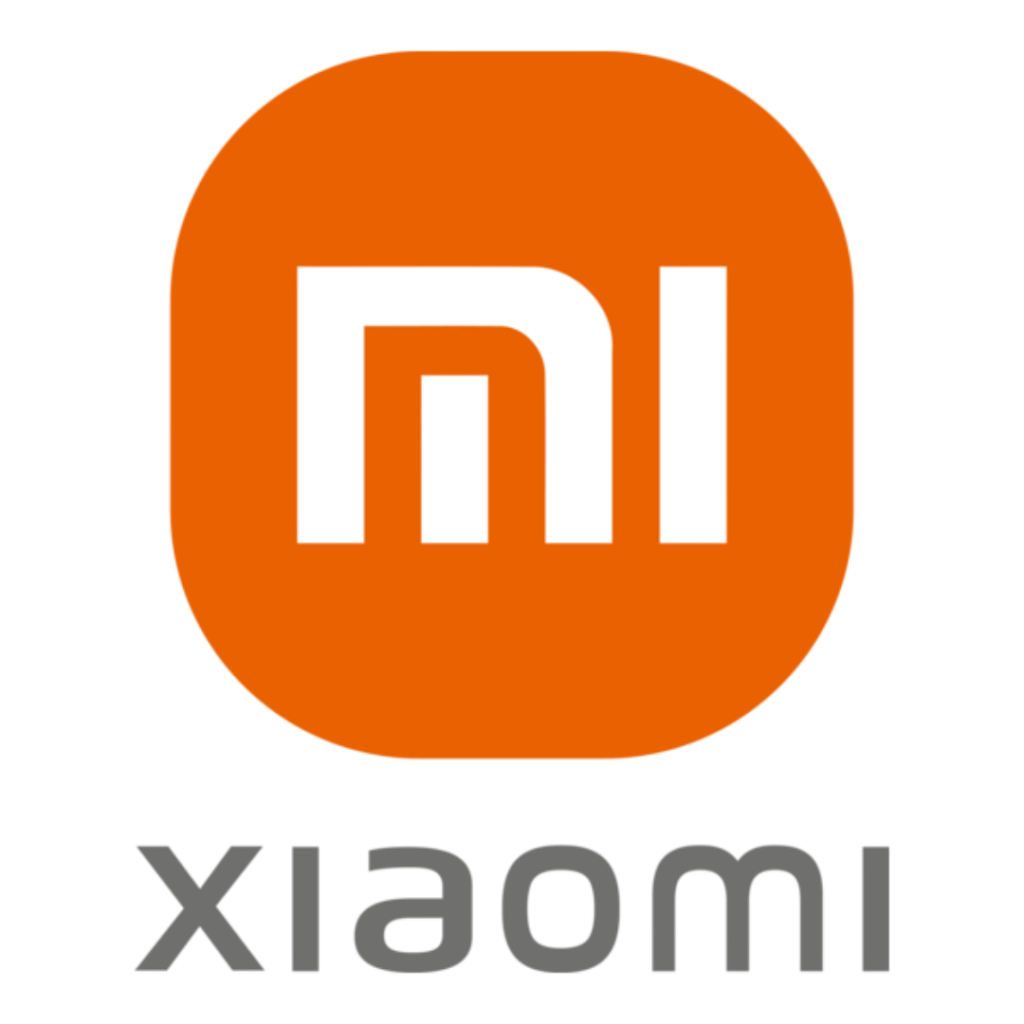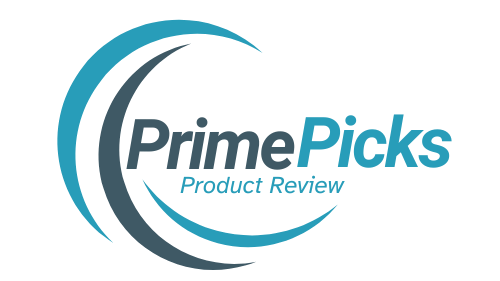Introduction
The global laptop market is filled with diverse brands that cater to unique user needs—ranging from sleek, cloud-based systems to rugged business devices. Among the noteworthy players are Google, Fujitsu, Panasonic, Chuwi, and Vaio. Each of these brands has carved out its niche: Google with its simple yet powerful Chromebooks, Fujitsu with its secure business laptops, Panasonic with its rugged Toughbooks, Chuwi with affordable everyday devices, and Vaio with stylish, premium laptops. Let’s explore them in detail.
1

Google has revolutionized modern computing with its Chromebooks, laptops powered by ChromeOS. These devices emphasize speed, simplicity, and cloud connectivity, making them an excellent choice for students, professionals, and everyday users who rely on Google’s ecosystem. They are budget-friendly, lightweight, and updated automatically to ensure security and performance.
A+
Overall Grade
4.9
10K+
Review
- Features
ChromeOS operating system
Cloud-based storage with Google Drive
Quick boot-up and responsive performance
Lightweight and portable designs
Automatic updates for enhanced security
- Benefit
Affordable for students and professionals
Easy to use with seamless Google integration
Lightweight and portable for mobility
Low maintenance with built-in virus protection
Pros :
✔ Strong integration with Google ecosystem (Android, Chrome OS, Google Drive, Gmail, etc.)
✔ Regular software updates and security patches
✔ Known for sleek, lightweight Chromebook designs
✔ Reliable cloud-based functionality and long battery life
Cons :
✘ Limited hardware range compared to other brands
✘ Chromebooks depend heavily on internet connectivity
✘ Not ideal for heavy tasks like gaming or high-end video editing
✘ Premium pricing for higher-end models
2

Fujitsu
Fujitsu is widely known for its business-oriented laptops that prioritize security, reliability, and efficiency. Designed for enterprises and professionals, Fujitsu laptops come with advanced data protection features, durable construction, and ergonomic designs that make them excellent for long work hours.
A-
Overall Grade
4.7
7.5K+
Review
- Features
Advanced security tools (fingerprint scanners, TPM chips)
Business-class performance
Lightweight and ergonomic design
Long-lasting battery life
Reliable customer support
- Benefit
Highly reliable for enterprise use
Protects sensitive business data
Long-term durability
Professional-grade build quality
Pros :
✔ Renowned for durable and business-grade laptops
✔ Strong focus on security features (biometric authentication, data protection)
✔ Lightweight and portable ultrabooks
✔ Energy-efficient performance
Cons :
✘ Less popular globally, with limited availability in some regions
✘ Often more expensive than competitors with similar specs
✘ Limited variety for casual consumers (mostly business-oriented)
✘ Design sometimes feels outdated compared to trendier brands
3

Panasonic
Panasonic stands out with its Toughbook laptops, designed for extreme environments. These rugged laptops are dustproof, waterproof, shockproof, and built to military standards. They are widely used in defense, healthcare, logistics, and fieldwork where traditional laptops can’t survive.
B+
Overall Grade
4.5
8K+
Review
- Features
Rugged military-grade build
Sunlight-readable displays
Long-lasting batteries with hot-swap options
Dust, water, and shock resistance
High reliability for outdoor use
- Benefit
Ideal for field workers and outdoor professionals
Unmatched durability in extreme conditions
Long battery life ensures all-day productivity
Reduces downtime due to hardware failures
Pros :
✔ Famous for rugged laptops (Toughbook series) suitable for harsh environments
✔ High durability and reliability in industrial and military use
✔ Long-lasting battery life on rugged models
✔ Strong after-sales service for enterprise clients
Cons :
✘ Bulky and heavy designs compared to modern ultrabooks
✘ Expensive compared to standard consumer laptops
✘ Limited consumer-focused product range
✘ Not suitable for casual users seeking style and portability
4

Chuwi
Chuwi is a Chinese laptop brand known for delivering affordable, entry-level laptops that offer great value for money. Their devices are slim, lightweight, and designed for students, first-time buyers, and budget-conscious users who need laptops for everyday tasks like browsing, streaming, and basic productivity.
B-
Overall Grade
4.3
8.5K+
Review
- Features
Budget-friendly pricing
Slim and portable design
Good battery life for everyday use
Simple hardware for basic tasks
Windows-based operating systems
- Benefit
Affordable option for students and casual users
Lightweight and portable
Provides decent performance for basic needs
Stylish design at a low cost
Pros :
✔ Affordable laptops and tablets with good value for money
✔ Decent performance for everyday tasks like browsing and office work
✔ Lightweight and portable designs
✔ Growing presence in budget laptop markets
Cons :
✘ Build quality is often less premium than top brands
✘ Limited customer support and warranty services in some regions
✘ Not suitable for demanding tasks (gaming, professional editing)
✘ Battery life can be inconsistent
5

Vaio
Once part of Sony, Vaio has maintained its reputation for creating premium, lightweight laptops that combine performance with elegant design. Targeting professionals and style-conscious users, Vaio laptops are sleek, powerful, and productivity-driven, with a strong emphasis on Japanese engineering excellence.
C+
Overall Grade
4.0
6.5K+
Review
- Features
Premium lightweight builds
High-resolution displays
Strong performance processors
Elegant and professional design
Excellent build quality
- Benefit
Stylish and professional look
Portable and lightweight for travel
Powerful performance for business and creative work
High reliability and durability
Pros :
✔ Premium design with sleek and stylish aesthetics
✔ Good performance for business and productivity use
✔ Strong display quality with high-resolution screens
✔ Reliable Japanese engineering and craftsmanship
Cons :
✘ Higher pricing compared to competitors with similar features
✘ Limited availability outside select markets
✘ Smaller product lineup since separation from Sony
✘ Not as widely recognized among newer generations of buyers
Summary Conclusion
The global laptop industry thrives on diversity, and the brands Alienware (Dell Subsidiary), LG Gram, Toshiba Dynabook, Huawei, and Xiaomi are perfect examples of how different manufacturers tailor their devices to meet specific user needs. Each brand holds its own strengths and weaknesses, making it essential for buyers to carefully match their requirements with what these companies offer.
Alienware, a subsidiary of Dell, is widely recognized as the ultimate choice for gamers and performance enthusiasts. With its high-end graphics cards, advanced cooling systems, customizable RGB lighting, and futuristic designs, Alienware laptops provide a level of performance that caters not only to gamers but also to content creators, designers, and professionals who require powerful machines for demanding tasks. While the cost can be premium, the long-term reliability, raw power, and immersive gaming experience justify the investment for serious users.
In contrast, LG Gram has built its reputation on ultra-lightweight design and impressive portability. Its laptops are designed for people who value mobility, such as frequent travelers, students, and business professionals. The standout feature is its exceptional battery life, which allows users to remain productive for long hours without constantly looking for a power outlet. Though it may not compete with gaming-focused devices, the LG Gram offers the perfect balance between portability and productivity, making it one of the most travel-friendly laptops on the market.
Toshiba Dynabook (formerly known as Toshiba laptops) remains a solid option for business and enterprise users. Its focus is less on flashy designs and more on durability, dependability, and enterprise-level security. These laptops are engineered to handle daily workloads with efficiency and stability, making them especially appealing to corporations, institutions, and professionals who need devices they can count on for years. Toshiba’s consistent approach proves that functionality and security are often more important than style, especially in business environments.
Meanwhile, Huawei has risen as a strong contender in the premium laptop space with its MateBook series. Known for sleek designs, sharp displays, and strong processing power, Huawei laptops provide a near-premium experience at more affordable price points compared to competitors like Apple. Their seamless integration with Huawei’s ecosystem of devices also adds to the appeal, creating a smooth digital workflow for users. Despite some availability limitations in certain regions, Huawei continues to gain recognition as a brand that blends style, performance, and affordability in a compelling way.
Lastly, Xiaomi has taken its successful smartphone strategy and applied it to the laptop market, offering budget-friendly, practical laptops for everyday users. With series like the Mi Notebook and RedmiBook, Xiaomi ensures that students, first-time buyers, and cost-conscious consumers have access to reliable laptops without breaking the bank. While they may not deliver the raw performance of Alienware or the sleekness of Huawei, Xiaomi devices focus on value, usability, and affordability, making them an attractive choice for those looking to maximize their investment.
Together, these five brands—Alienware, LG Gram, Toshiba Dynabook, Huawei, and Xiaomi—demonstrate that there is no one-size-fits-all laptop. Instead, each excels in its own category:
Alienware for unmatched gaming and power
LG Gram for portability and battery life
Toshiba Dynabook for business reliability
Huawei for stylish, affordable performance
Xiaomi for budget-friendly practicality
Ultimately, the best laptop brand for you depends on your individual needs, lifestyle, and budget. By carefully considering whether you prioritize power, mobility, durability, style, or affordability, you can make an informed decision that ensures your laptop not only meets your current demands but also enhances your work, study, entertainment, and overall digital lifestyle for years to come.

